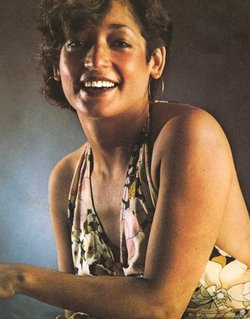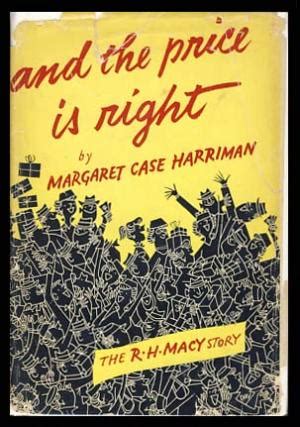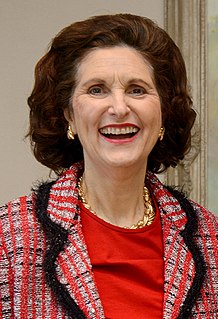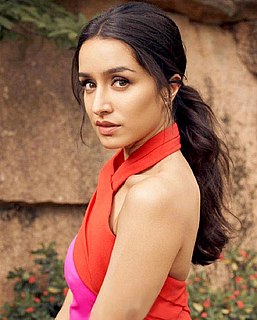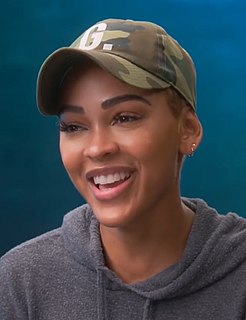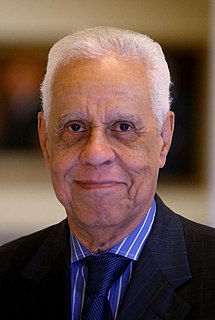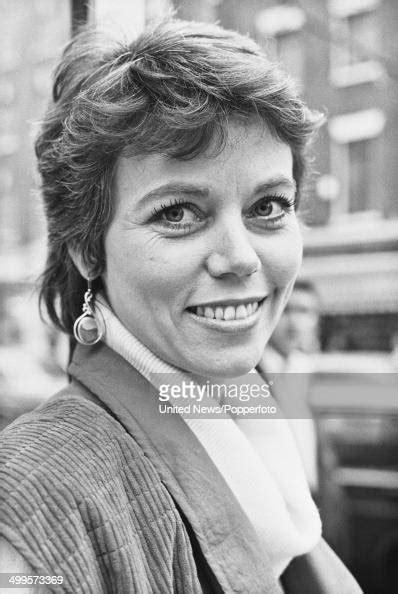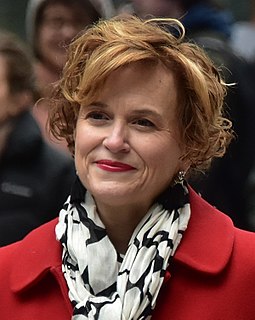A Quote by Gwen Ifill
My family was very engaged in the world around us. My father was an African Methodist Episcopal minister and an immigrant from Panama. He was deeply involved in civil rights causes, which scared my mother - she was also an immigrant, from Barbados, who had her hands full with six kids, and she worried that my father would get deported. But because of his passion for politics and civil rights, we paid close attention to current events. We would watch political conventions together - for fun!
Quote Topics
African
Also
Around
Attention
Barbados
Because
Causes
Civil
Civil Rights
Close
Conventions
Current
Current Events
Deeply
Engaged
Episcopal
Events
Family
Father
Full
Fun
Get
Had
Hands
Her
His
Immigrant
Involved
Kids
Methodist
Minister
Mother
My Family
Paid
Panama
Passion
Political
Politics
Rights
Scared
She
Six
Together
Us
Very
Watch
Which
World
Worried
Would
Related Quotes
My father has acted in over 700 films. My mother acted in one film, 'Kismat with Mithun Chakraborty,' in which my father also had a role. My father fell in love with her and would drive her around in his sports car, and they subsequently got married. My mom is the most beautiful woman and I think she has taken some serum to look young all her life.
Obama was elected in a flourish of promise that many in the African-American community believed would help not only to symbolize African-American progress since the Civil War and Civil Rights Acts but that his presidency would result in doors opening in the halls of power as had never been seen before by black America.
My mother was very passionate about life and she would do anything for us. And she had to fight alone to raise us. We never had a lot of money for extras or anything. She had to work six days a week, and then she would do breakfast, lunch and dinner. She was a super-woman! For me, I don't know how she did it with three kids.
I mean, her father was an alcoholic, and her mother was the suffering wife of a man who she could never predict what he would do, where he would be, who he would be. And it's sort of interesting because Eleanor Roosevelt never writes about her mother's agony. She only writes about her father's agony. But her whole life is dedicated to making it better for people in the kind of need and pain and anguish that her mother was in.
In my mother's church, everybody read the Bible and it was mostly about music. My mother had the most beautiful voice I have ever heard in my life. She could sing anything - classical, jazz, blues, opera. And people came from long distances to that little church she went to - African Methodist Episcopal, the AME church she belonged to - just hear her.
My house is full of paintings by my mother Pam. She was a fantastic, prolific artist but had no confidence in herself, thanks to my father running her down. They married during the war when she was 19 - she had planned to go to art school. But my father didn't want her to work, so she became a housewife.
When you expand the civil-rights struggle to the level of human rights, you can then take the case of the black man in this country before the nations in the UN. You can take it before the General Assembly. You can take Uncle Sam before a world court. But the only level you can do it on is the level of human rights. Civil rights keeps you under his restrictions, under his jurisdiction. Civil rights keeps you in his pocket.
What's not fascinating about 'Wonder Woman?' She's powerful. She's strong. She gets her strength from other women. She kicks butt in the world. You know, she's bulletproof, which is appealing. But she also has the Lasso of Truth. That's the thing I would want most, that Lasso of Truth. Because in politics, it would be very handy.

